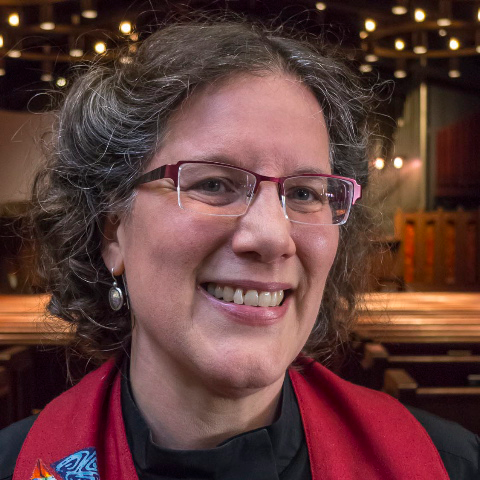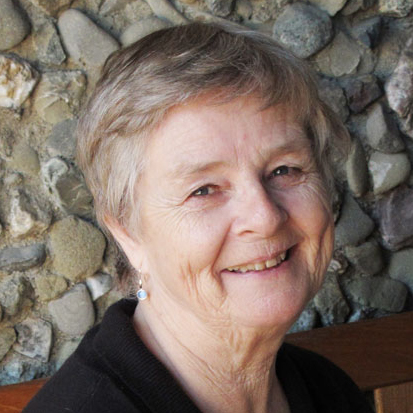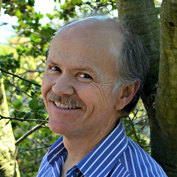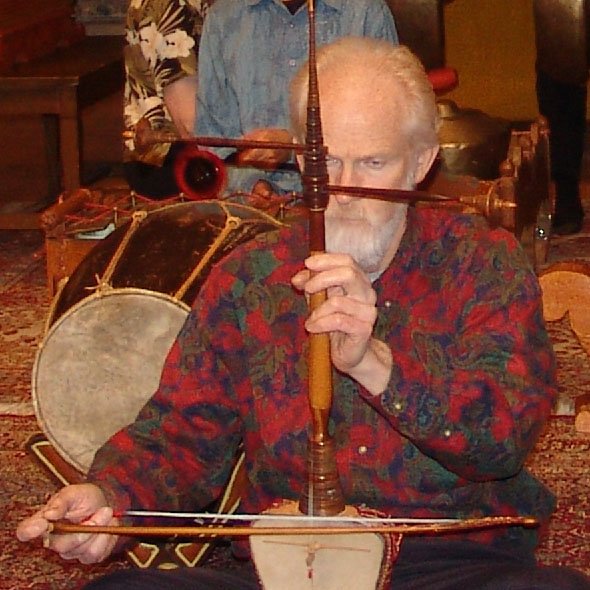|
“WHO ARE WE?” CONGREGATIONAL CONVERSATION – November 9 12pm – 2:30 p.m. |
||||
|
AGENDA ITEM |
WHO |
TIME |
DESIRED OUTCOME |
NOTES |
|
Lunch: 12:00 – 12:30 p.m. |
||||
|
Lee / Humanists |
12:30 |
||
|
Rev. Greg |
12:35 |
Gather and Ground participants |
|
|
Transition Team |
12:40 |
Introduce members of the Transition Team. |
|
|
Transition Team |
12:45 |
Introduce the covenant we used in the last conversation and ask if there is something anyone in the group needs to fully participate. Finally, when everything is up there, ask for a show of hands of everyone who is willing to participate in the conversation with this covenant as our guide. |
|
|
Rev. Greg |
12:50 |
People know the key programmatic areas of the church to choose from:
|
Ideally we would have an average of 7-10 people in each group. We may have to ask people to switch to other groups if there is a radical imbalance (remembering to note what it means if no one chooses to align with an important area). It would be a good idea to try to recruit some key players who WE KNOW will be present and who will be participating in the group. |
|
All |
1:00 |
Facilitators go first to introduce themselves and what KPA they will be facilitating. Then, ask each participant to say their name, and pick one of the KPAs above. If they wish, they can precede the announcement of their selection with
The area of the church I would like to see thriving is… |
|
|
Facilitators |
1:20 |
The following are a lens that participants can consider that will help them evaluate beyond their own pre-dispositions How is the – Quality and effectiveness of programming – Quality of support of programming (financial, organizational leadership, attendance and participation) – Clarity and Transparency of the Process – how the program operates, how decisions are made, how to participate and become involved in leadership – Integration and collaboration with other programming in the church Relevance and Incorporation into the vision of the church |
|
|
Facilitators – Recorder |
1:45 |
Facilitators report out for everyone to hear. Recorder takes notes for people to read. |
|
|
Rev. Greg |
2:15 |
Rev. Greg projects a list of what he heard expressed during the 1-to-1 conversations and during his brief observations so far about what in the church is energy-giving (anabolic) and what is energy-draining (catabolic)? |
|
|
All |
2:25 |
What did we learn? What can we appreciate? What would we identify that would make the conversation more helpful? |
|
|
11. Housekeeping |
2:30 |
What to expect in terms of feedback and when the next congregational Conversation is Jan 11 “Where Are We Going” |
||



















